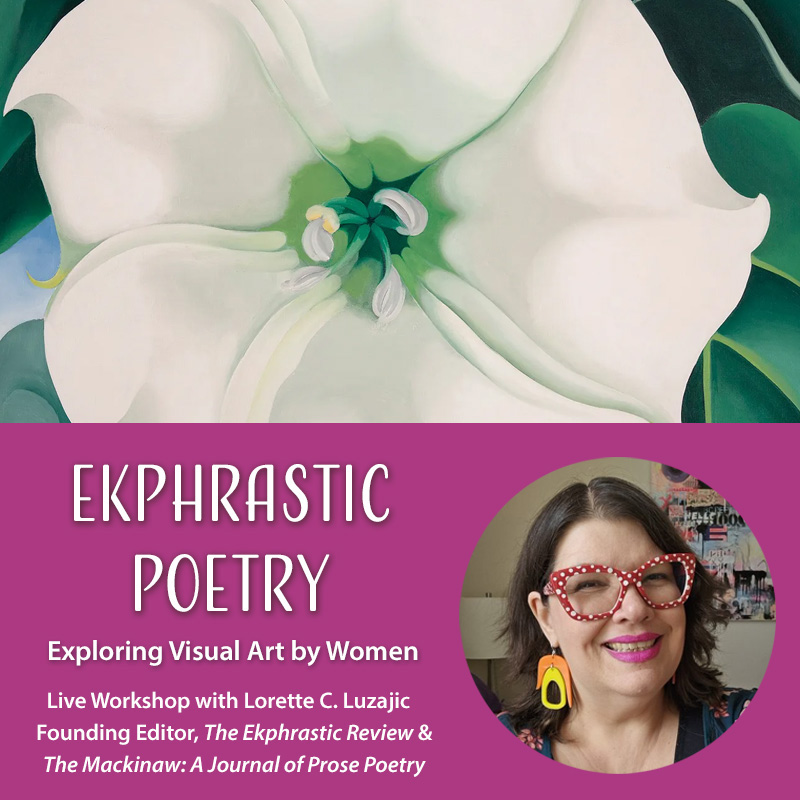Blogger vs Journalist.
What is the difference?
Plenty, according to the Oregon court system.
Self-identified investigative blogger Crystal Cox was sued by Obsidian Finance Group for defamation after writing multiple articles criticizing the firm's co-founder, Kevin Padrick. The blogger wove information from anonymous sources with her personal opinion and posted the articles on her Bankruptcy Corruption blog.
Last week, U.S. District Judge Marco A. Hernandez concluded that the blogger is not entitled to protection under Oregon's media shield law because Cox is not "affiliated with any newspaper, magazine, periodical, book, pamphlet, news service, wire service, news or feature syndicate, broadcast station or network, or cable television system."
Judge Hernandez disagrees with Cox identifying herself as a member of the media. And, even if Cox were covered by a shield law, she would not be able to use the law as protection since the case is a civil case of defamation.
Media shield laws , which protect journalists from announcing sources or handing over documents, exist in 40 states. The federal government tried to enact a law in 2009, but the Senate and House of Reps could not come to agreement over who is covered under the term, 'media'.
While some state laws cover newer forms of media, including blogs and websites, other states have not focused on updated forms of news delivery.
This leaves online publications vulnerable.
Bottom line: even bloggers need to follow legal, solid journalism practices. Accurate reporting that represents all sides of an issue need to be presented to the reading public, not just a blog post that mentions an anonymous source and a laundry list of opinions.
Photo and post by LuAnn Schindler. Read more of LuAnn's work at her website.
Read More »
What is the difference?
Plenty, according to the Oregon court system.
Self-identified investigative blogger Crystal Cox was sued by Obsidian Finance Group for defamation after writing multiple articles criticizing the firm's co-founder, Kevin Padrick. The blogger wove information from anonymous sources with her personal opinion and posted the articles on her Bankruptcy Corruption blog.
Last week, U.S. District Judge Marco A. Hernandez concluded that the blogger is not entitled to protection under Oregon's media shield law because Cox is not "affiliated with any newspaper, magazine, periodical, book, pamphlet, news service, wire service, news or feature syndicate, broadcast station or network, or cable television system."
Judge Hernandez disagrees with Cox identifying herself as a member of the media. And, even if Cox were covered by a shield law, she would not be able to use the law as protection since the case is a civil case of defamation.
Media shield laws , which protect journalists from announcing sources or handing over documents, exist in 40 states. The federal government tried to enact a law in 2009, but the Senate and House of Reps could not come to agreement over who is covered under the term, 'media'.
While some state laws cover newer forms of media, including blogs and websites, other states have not focused on updated forms of news delivery.
This leaves online publications vulnerable.
Bottom line: even bloggers need to follow legal, solid journalism practices. Accurate reporting that represents all sides of an issue need to be presented to the reading public, not just a blog post that mentions an anonymous source and a laundry list of opinions.
Photo and post by LuAnn Schindler. Read more of LuAnn's work at her website.















